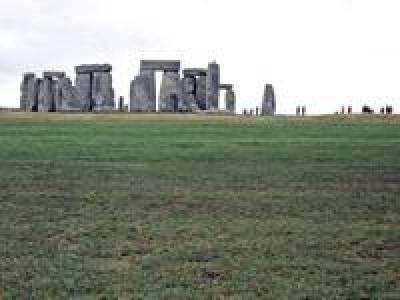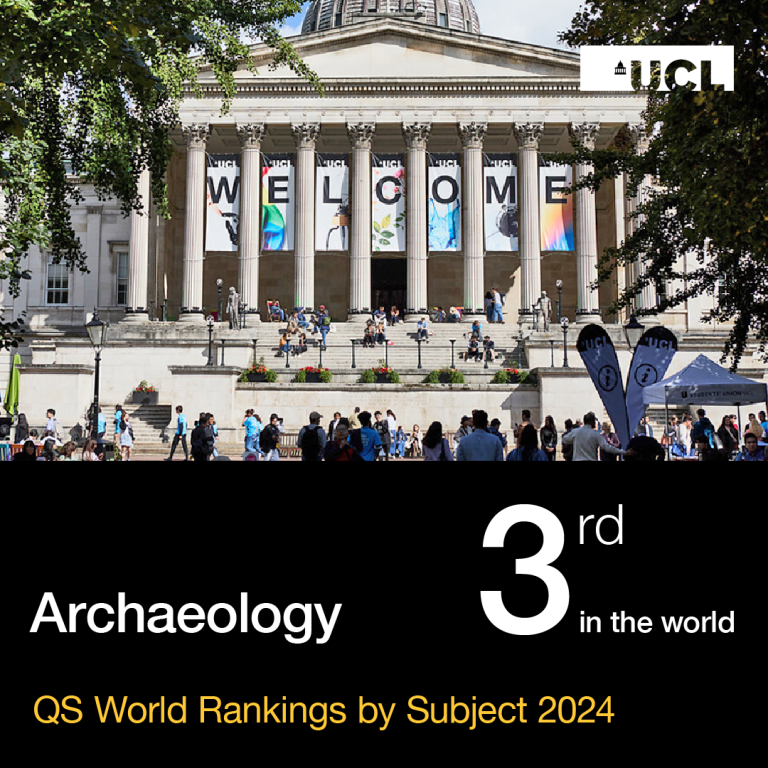This core module consists of a wide-ranging examination of the relationship between archaeology and the public, in both theoretical and practical terms.

Topics covered include:
- histories of the relationship between archaeology and the public (e.g. antiquarianism, amateur archaeological activities and the development of a 'profession');
- metal detecting and treasure hunting;
- the antiquities trade;
- restitution of archaeological material;
- archaeology in broadcasting, popular literature, press and electronic media;
- critical review of public presentations of archaeology on sites and in museums;
- archaeological sites and tourism;
- popular archaeologies (e.g. ley-lines, neo-paganism, astro-archaeology) versus academic archaeologies;
- community archaeology initiatives;
- indigenous archaeologies; and
- archaeology and identities (supra-national, national, regional).
Aims of the module
The module introduces students to the wide range of areas in which archaeology has had an impact outside the academic areas of archaeological study. Specifically, it has the following aims:
- to introduce the students to the wide range of areas in which archaeology has an impact outside the academic areas of archaeological study
- to provide examples of the position and control of archaeological activity in the fields of national and international legislation
- to examine how archaeology is/has been used and presented in the political sphere, both in the past and today, and to look at its social contexts
- to examine how archaeology is presented to the public across the world, in the media, in museums and on sites
- to understand the economic importance of archaeology, both the costs of archaeological activities and the role of archaeology for economic development, especially in tourism
- to engage in the debate on the differing values attached to archaeology and archaeological activity.
Objectives
Upon successful completion of the module students should, among other matters, be aware of:
- the potential and possibilities for developing archaeological activity in the public sphere
- the development and planning of archaeological presentations
- issues connected with maintenance of archaeological resources
- the role of legislation in archaeology
- the ideological implications of archaeology past and present
- the complex relationships between society, politics and economics that provide the framework within which archaeology works (and is used by others)
- the range of stakeholders in archaeological activities.
Teaching Methods
The core module is taught through lectures and occasional seminars. Many of these are given by acknowledged leaders in their field. There are also four field trips that are aimed at highlighting particular aspects of the module's aims.
Most lectures and seminars have recommended readings. There will also be additional reading lists issued by some speakers. Students will be expected to have covered at least part of the recommended literature in order to be able fully to follow the module.
Module information
- Code: ARCL0091
- Credits: 30
- Coordinator: Gabriel Moshenska
- Prerequisite: This module does not have any prerequisites.
- Handbook: open»
For registered students
- Reading list: open»
Availability
- Running in 2023-24
 Close
Close


